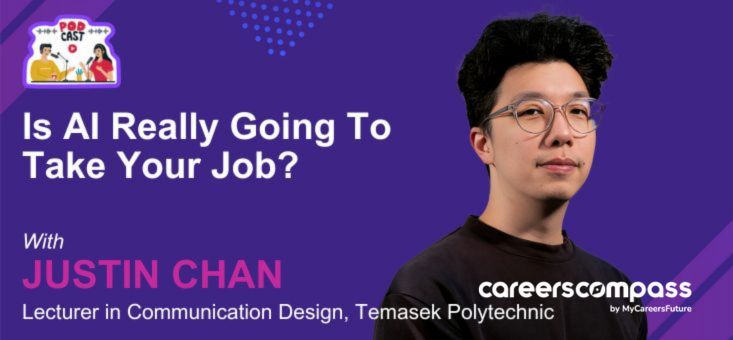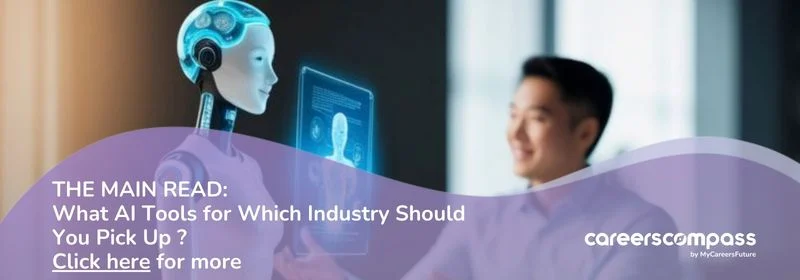Deputy Prime Minister (DPM) Lawrence Wong shared recently how the Singapore national game plan towards artificial intelligence (AI) is evolving, revealing updates to Singapore’s original AI industry strategy that was first launched in 2019.
Three key shifts from that initial strategy were revealed in the new Singapore National AI Strategy 2.0 or NAIS 2.0 below:
1. From opportunity to necessity
The expanded landscape of opportunities and risks brought forth by AI today make clear that AI is indispensable for the continued prosperity and relevance as a nation. We must master AI, rather than think of it merely as an accessory or a luxury.
2. From local to global
Singapore must operate, from the outset, with a global outlook for AI. We must connect to global networks, working with the best and pooling resources among the likeminded to overcome the complex challenges that plague AI today.
3. From projects to systems
We must further enhance our capability, infrastructure and resource foundations, and accelerate ideas exchange at scale, to amplify and manage the impact of AI across various sectors, and in economy and society at large.
DPM Wong, who is also Singapore’s Finance Minister, said: “Knowledge-based work like research, coding and writing was considered safe from disruption in the past. But with AI, that is no longer the case.”
Many AI-related firms here are using AI on a project basis and for specific uses, but they can do more to build a thriving AI industry, said DPM Wong, who urged firms to create new AI models and find ways to deploy them for wider use cases.
“These centres can go beyond the needs of the specific company and benefit the wider industry,” he said. “There is potential for such industry-wide platforms in key areas like advanced manufacturing, financial services and biomedical studies, where Singapore is already operating at the leading edge.
“(Therefore) the Government plans to invest significantly in adult education and training to reskill and upskill our workers.”
But of course, some level of anxiety does exist amongst Singaporean workers as tech continues to revolutionise and change both how we work, and the jobs available in the marketplace as well.
Some key questions Singaporean workers have asked include:
- What does AI mean for middle-aged and/or middle-income workers and jobseekers?
- Does AI mean having to learn coding and other high-end technology skills that require specialised training?
- How will AI be integrated into our jobs, even for those working in small and medium enterprises (SMEs)?
- Is AI and automation going to kill jobs or decrease wages?
To find out more, we spoke to Justin Chan, a lecturer in communication design at Temasek Polytechnic, who shared about how AI is just the next phase of digital transformation for both Singaporean workers and businesses, and some key things to understand about relearning for it.
Listen to the podcast below and find out more!
Key highlights to listen to:
- (1:30) How AI can and will be infused into our day-to-day work and business operations
- (5:30) Being a bao ka liao (do it all) employee is going to be easier with AI
- (6:58) AI can help breed a more “it’s ok, just try lah” mentality, which is important for SMEs
- (7:41) How Justin created an AI tool that does part of his job.. but here’s why he isn’t worried it’ll make him obsolete

















